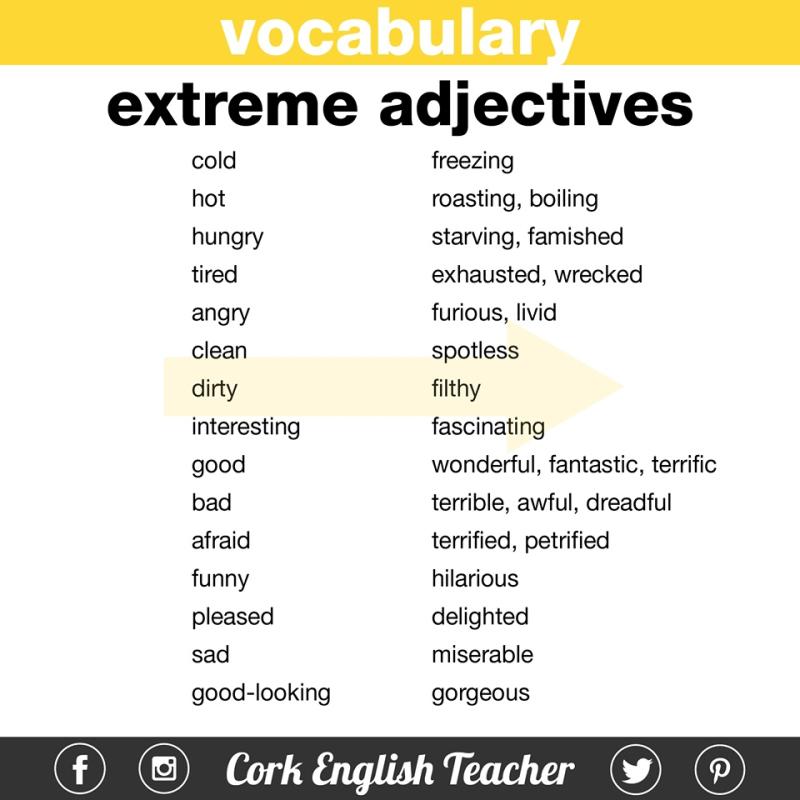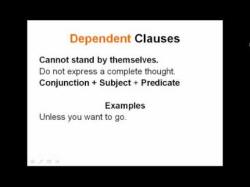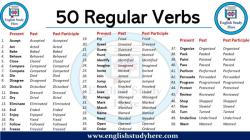What is the meaning of vocabulary words?
Vocabulary words refer to the collection of words that a person understands, knows, and uses in their language. It encompasses the entire set of words and phrases an individual is familiar with and can comprehend, whether in speaking, writing, reading, or understanding others.
Key Aspects of Vocabulary Words:
Receptive and Expressive Vocabulary:
- Receptive Vocabulary: Words a person can understand when reading or listening.
- Expressive Vocabulary: Words a person can effectively use in speaking or writing.
Varying Levels and Contexts:
- Vocabulary words vary in complexity, ranging from basic everyday words to specialized or technical terms used in specific fields or professions.
- They can also differ based on context, formality, or cultural relevance.
Language Acquisition:
- Vocabulary is acquired and expanded throughout life, starting from infancy through exposure to spoken language, reading, education, and experiences.
Improvement and Expansion:
- Actively learning new words and phrases through reading, studying, and engaging with diverse content can enhance one's vocabulary.
Importance in Communication:
- Vocabulary plays a crucial role in effective communication, allowing individuals to express ideas, understand concepts, and interact proficiently in various settings.
Word Mastery and Usage:
- Mastering vocabulary involves not only knowing the definitions of words but also understanding their usage, nuances, synonyms, and appropriate contexts for their application.
Developing a strong and diverse vocabulary is essential for effective communication, comprehension, learning, and expressing oneself proficiently in various aspects of life, from everyday conversations to professional settings.
1. Definition of Vocabulary in Linguistics and Education
In linguistics, vocabulary refers to the total body of words in a language, including their meanings, pronunciations, and usage patterns. It encompasses the lexical knowledge that speakers and listeners possess, enabling them to communicate effectively. Linguists study vocabulary from various perspectives, such as word formation, historical changes in meaning, and the influence of culture and society on language.
In education, vocabulary development is a crucial aspect of literacy instruction. Expanding vocabulary enhances students' comprehension, writing skills, and overall language proficiency. Educators focus on teaching students the meanings, usage, and relationships between words to improve their fluency and expression.
2. Types of Vocabulary Words
Vocabulary words can be categorized based on their functions and levels of formality. Some common types include:
Basic vocabulary: These are the most common and frequently used words in a language, essential for everyday communication.
Academic vocabulary: These words are found in academic texts and specialized fields of study, requiring a higher level of understanding.
Content vocabulary: These words are specific to a particular subject or topic, such as science, literature, or history.
Affective vocabulary: These words express emotions, attitudes, and feelings, adding depth and nuance to language.
Formal vocabulary: These words are used in formal settings, such as academic writing or business communication.
Informal vocabulary: These words are used in casual conversations and everyday interactions.
3. Expanding and Improving Vocabulary
Vocabulary growth is an ongoing process that can be achieved through various strategies:
Reading: Reading exposes individuals to new words in context, aiding in their comprehension and retention.
Writing: Writing encourages the active use of vocabulary, reinforcing word meanings and usage patterns.
Conversation: Engaging in conversations with others expands exposure to different vocabulary levels and usage styles.
Learning prefixes, suffixes, and roots: Understanding the building blocks of words can help in decoding new words and making connections.
Using dictionaries and thesauruses: These tools provide definitions, synonyms, and antonyms, enriching vocabulary knowledge.
Playing vocabulary games: Word games, puzzles, and crosswords can make vocabulary learning fun and engaging.
4. Role of Context in Understanding Vocabulary Words
Context plays a crucial role in understanding vocabulary words. The meaning of a word can vary depending on the surrounding words, phrases, and sentences. By considering context, individuals can accurately interpret word meanings and gain a deeper understanding of language.
For example, the word "run" can have different meanings depending on the context. It can refer to the physical act of moving quickly, the operation of a machine, or the management of an organization. Understanding the context in which a word is used is essential for accurate interpretation.
5. Relationship between Vocabulary Acquisition and Language Proficiency
Vocabulary acquisition is a fundamental aspect of language proficiency. A rich vocabulary enables individuals to express themselves clearly, comprehend complex texts, and engage in nuanced conversations. As vocabulary grows, so does the ability to communicate effectively and interact with others in a variety of contexts.
Vocabulary acquisition is an ongoing process that requires consistent effort and exposure to language. By engaging in reading, writing, conversation, and other language-enriching activities, individuals can expand their vocabulary and enhance their overall language proficiency.













